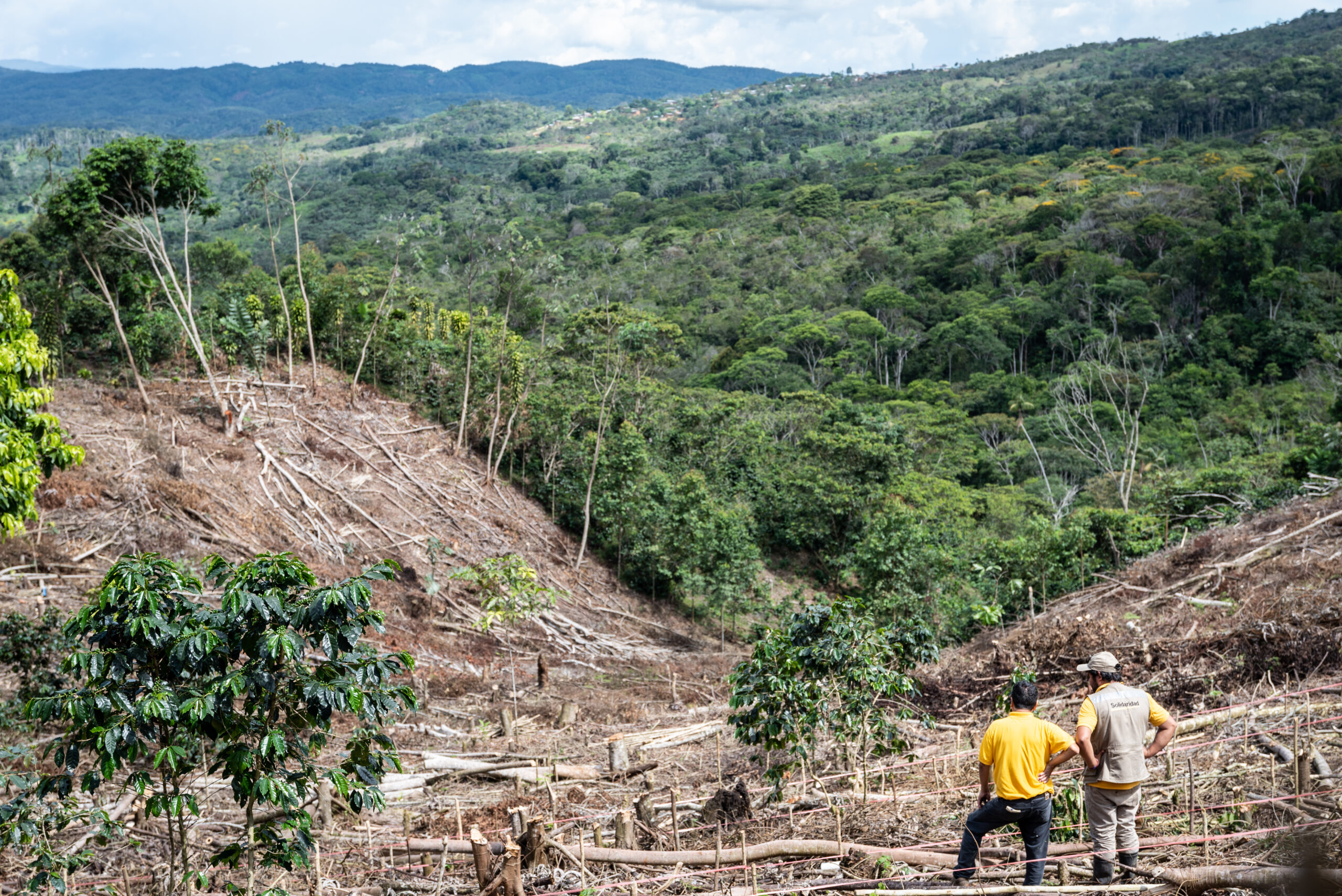The European Parliament’s proposed changes to the EUDR will undermine its impact and set a terrifying precedent: the Council must act to save it.
Last month Solidaridad was faced with the delay of the implementation of the European Union’s Deforestation Regulation (EUDR). With little progress made on guidance to companies and countries and nearly no support being made available to impacted regions or to mitigate the effect on small-scale farmers, this delay seemed inevitable.
However, the amendments to the content of the EUDR that have today passed through the European Parliament were neither the intention of the delay nor in the spirit of the original vision of the EUDR. The proposed changes themselves leave little room for interpretation: they are blatant attempts to limit the impact of the legislation on European businesses that are not ready to comply. The fact that all major European companies, including Carrefour, ETG, Ferrero, Mars, Michelin, Nestlé, Tony’s Chocolonely, and Unilever strongly support the EUDR in its current shape does not seem to have changed the math in Parliament. Instead these proposals serve only the interest of a minority of ill-prepared companies and do nothing to address the issues the EUDR presents for small-scale farmers.
These changes in and of themselves seek to water down the EUDR, but even worse, by proposing these changes the Parliament has opened the door to a prolonged period of debate and negotiation through trilogue, which could further undermine the ambitions of the EUDR, and will certainly sap it of the incredible momentum it has had in the last year.
The EUDR can still be saved
The EUDR is the crowning achievement of the previous European Commission’s efforts at creating a more sustainable world. It represents a first step towards an empowered due diligence framework which could transform the way we do business. Implemented well, it can be used to support our partners across the world in their own efforts to curb environmental destruction.
To water it down in the interests of eeking out a few extra years for the ‘business as usual’ model of many companies, is self-defeating. Ultimately these changes will need to happen and the earlier they do, the better the result for people and the planet. We need to show solidarity with producing countries and all impacted people across the world, particularly small-scale farmers.
With the new proposals, the European Commission will need to convene another trilogue process. The Parliament and the Council will need to agree on a way forward. And they need to do so quickly. The EUDR took several years to agree, the world cannot wait several more.
But the EUDR can still be saved. While we hope that members of the Parliament will ultimately decide to support the original vision of the EUDR, for now, we turn our attention to the Council. The Member States of the EU have a responsibility to their citizens to support a law that helps prevent climate breakdown and supports a longer-term vision for the future, one where our livelihoods and nature can prosper simultaneously. We hope that Europe’s Member States will support a robust and effective EUDR. This means that they need to use any unavoidable delay to the EUDR to prepare a more substantial strategy for mitigating and eliminating the complex risks facing small-scale farmers in producing countries, instead of spending time and energy watering down the legislation at the behest of a handful of companies.
Finally, we also ask the Commission to defend what they have worked so hard to achieve with EUDR. We hope that President Von der Leyen will work with her teams to convince the Parliament and Council to stand by this absolutely essential piece of legislation.

